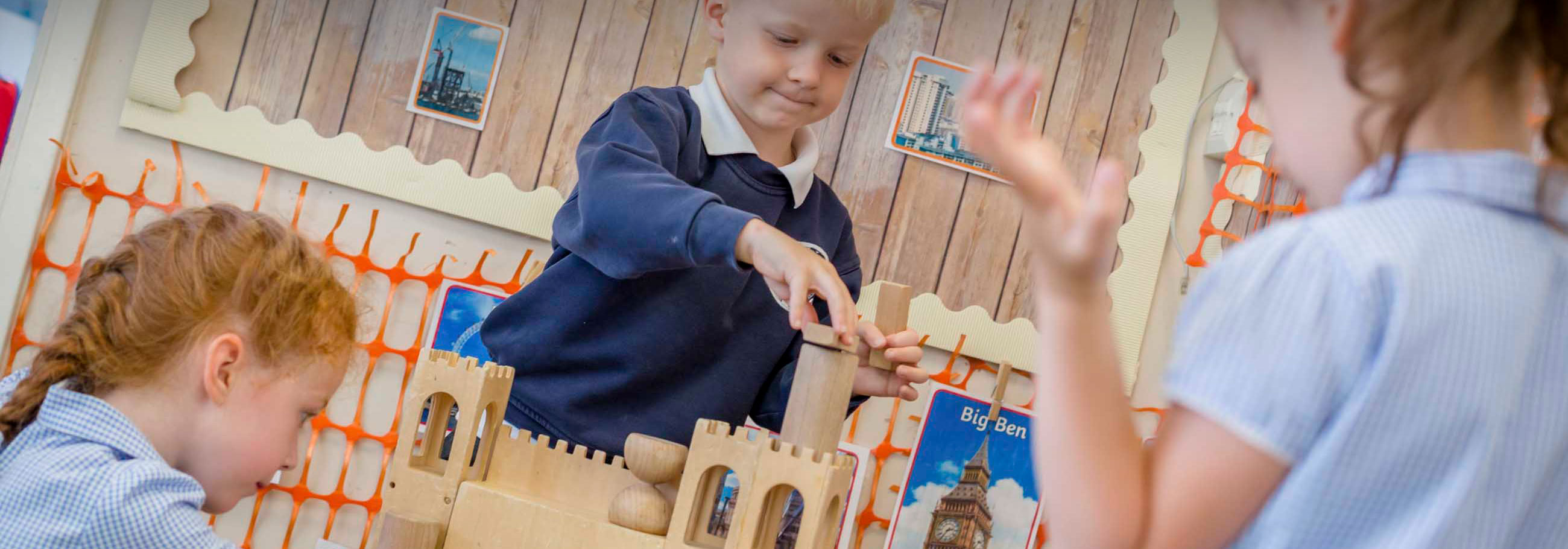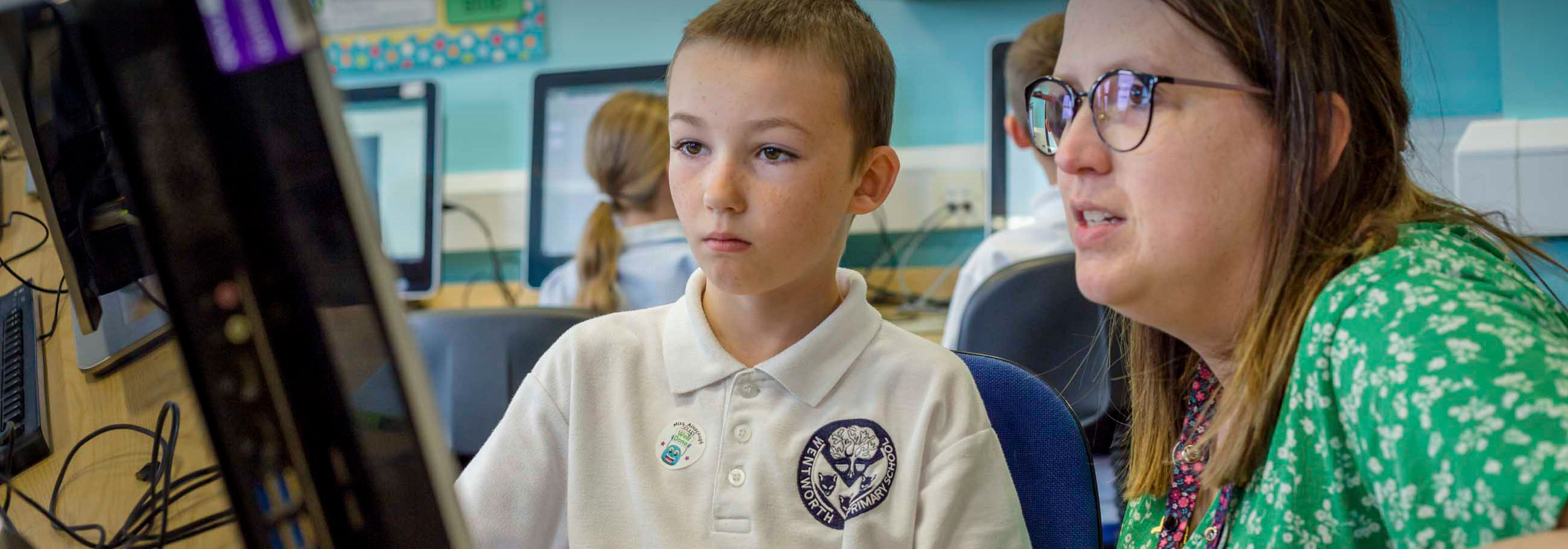Computing
Intent
At Wentworth we strive for all pupils to be empowered with the Computing skills and knowledge they require to understand and contribute to the world around them. We provide a creative and engaging Computing curriculum to teach Digital Literacy, Information Technology and Computer Science. We believe it is essential that all pupils develop computational thinking skills, with the greatest curriculum emphasis on programming, and use computing vocabulary. All pupils are given the opportunity to use a variety of software and hardware to undertake enjoyable and engaging tasks. We strive for EdTech to be used creatively across the curriculum. As active participants in a digital world, it is essential that all pupils have the knowledge and confidence to keep themselves safe online and to behave in an age appropriate way.
Implementation
Computing knowledge and skills are taught in every year group. Pupils each have access to a touch screen desktop PC and portable devices.
Across the week in EYFS pupils are provided with regular opportunities, through activities and access to devices, to develop their Computing skills and knowledge. They have one discrete teaching lesson in the Computing suite weekly. Pupils in KS1 and KS2 have a weekly one hour discrete Computing lesson. This is taught by the class teacher and always begins with an online safety discussion or activity. Pupils are taught six units of work in each year group. Every unit lasts for half a term and will produce an outcome. The units are progressive in skills and knowledge between year groups. In each year group, pupils will be taught Digital Literacy, Information Technology and Computer Science, with the greatest emphasis on programming.
The Computing National Curriculum (2013) subject content feeds into the medium term plans written by the Computing subject leader. These are used by teachers when planning weekly Computing lessons. The weekly Computing lesson is recorded in greater detail on the foundation plan.
Computing CPD for teaching staff is delivered through staff meetings, informal discussions, annual online safety training and termly ‘Computing Subject Leader and Online Safety Updates’ for the Computing subject leader (led by Dave Smith, senior Ofsted inspector).
Pupil progress data is collected half-termly by the class teacher using the school’s foundation subject assessment format. This data, and the progress of DP and SEND pupils, is analysed half-termly by the subject leader.
The Computing curriculum is reviewed termly to reflect advancements in technology – hardware and software. The use of EdTech supports the wider curriculum, particularly using the Internet to research and software to present work e.g. word processing.
Impact
- All pupils
At Wentworth, the Computing curriculum is inclusive of all pupils. By the end of year 6, pupils are expected to have the Computing knowledge and skills to allow them to understand and contribute confidently to the world around them. They are expected to be secure in their use of Computing vocabulary so they can articulate their knowledge and understanding. The regular review of software and hardware provides all pupils with access to current EdTech. Pupils are well prepared for their next stage of learning.
- DP
High expectations are set for disadvantaged pupils to ensure they make progress equal to that of other pupils. Teachers provide opportunities for disadvantaged pupils to access a range of computing software and hardware resources in lessons. Teachers encourage high engagement and interest of the subject to ensure they develop their knowledge, skill and understanding providing them with a solid base for further study, work and a successful adult life.
- SEND
Pupils with special educational needs and disabilities to make assessed progress in their knowledge and understanding of Computing concepts compared with their starting points. Progress may be recognised through formative assessment and verbal communication with support adults.












